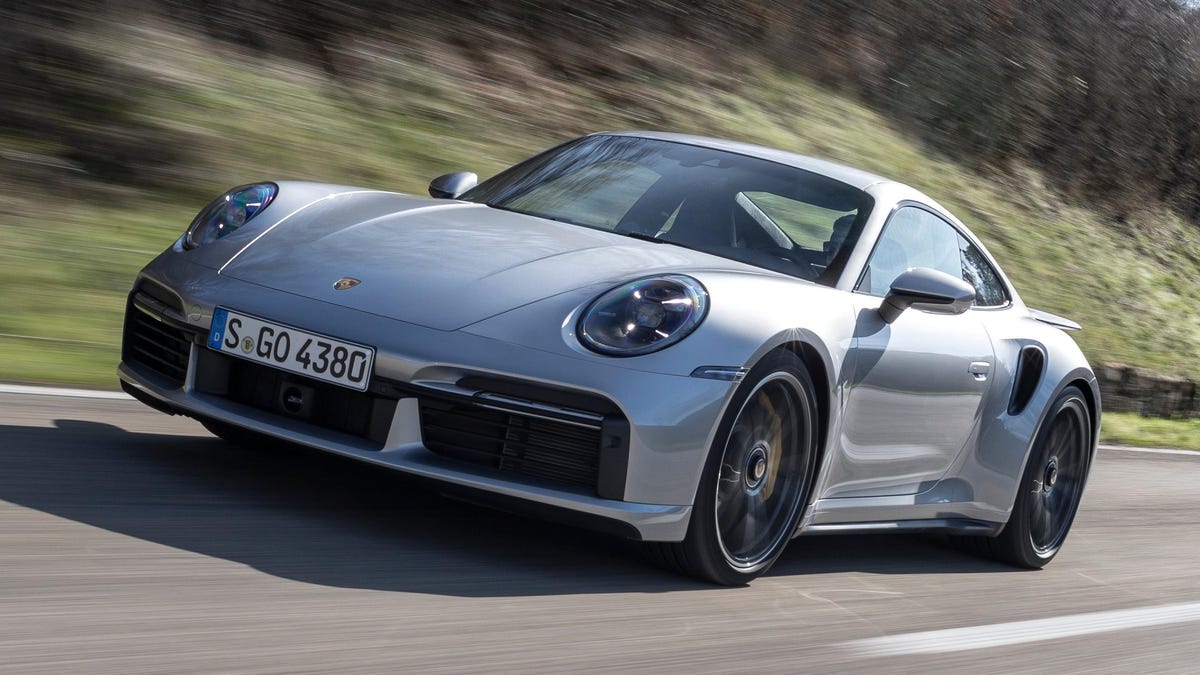Generally speaking, cars get larger every time they’re redesigned. Rarely do you ever see a car get smaller, and in a mainstream crossover, that’s understandable. When it comes to sports cars, though, more size usually means more weight, and that extra weight negatively impacts performance. If you’re annoyed by how large the Porsche 911 has gotten, know that you’re not alone. In fact, Porsche’s design boss Michael Mauer agrees with you, Australia’s Drive reports.
Speaking to reporters at a recent event, Mauer said, “Personally, I would love to [create a smaller sports car], to see what the possibilities are in terms of packaging. And in the end to come to an even more compact car, or [to] stop this growth.”
Mauer reportedly added that people are generally larger than they were 50 years ago, effectively forcing automakers to build larger cars. And it’s not like people who don’t need the extra space are going to complain about having it. So it’s a challenge to stay true to your brand identity while also keeping your customers happy. According to Mauer, there are other factors to consider:
It is, as well, very much driven by [government regulations] and the [car’s] performance. Whenever, if you go back in 20, 30 years ago, how much horsepower the 911 had and how much it has today, that drives the size of the wheels, the size of the brakes, all this stuff. And this is very challenging. Especially for me, since I believe a 911 sports car should be as compact as possible. And again, I would love to see where are the boundaries, how far could we push this to come back to a very compact little sports car.
Sadly, we likely won’t get to see Mauer’s vision for a smaller 911 until it goes all-electric since adding hybrid components to a gasoline powertrain takes up space and adds weight. And even then, battery technology might not have advanced to the point where Porsche will be able to shrink the 911 while still hitting performance and range targets. Eventually, though, he said he thought things would change.
“I think as soon as range issues and infrastructure [problems] have been solved, that it is as easy to recharge the car as it is today to refuel it, then we will see smaller batteries,” Mauer said. “And as well, we will see there a development for more efficiency in the cells and everything and the chemistry. And then we will see definitely, or I am convinced we will see, as well again, smaller cars.”

